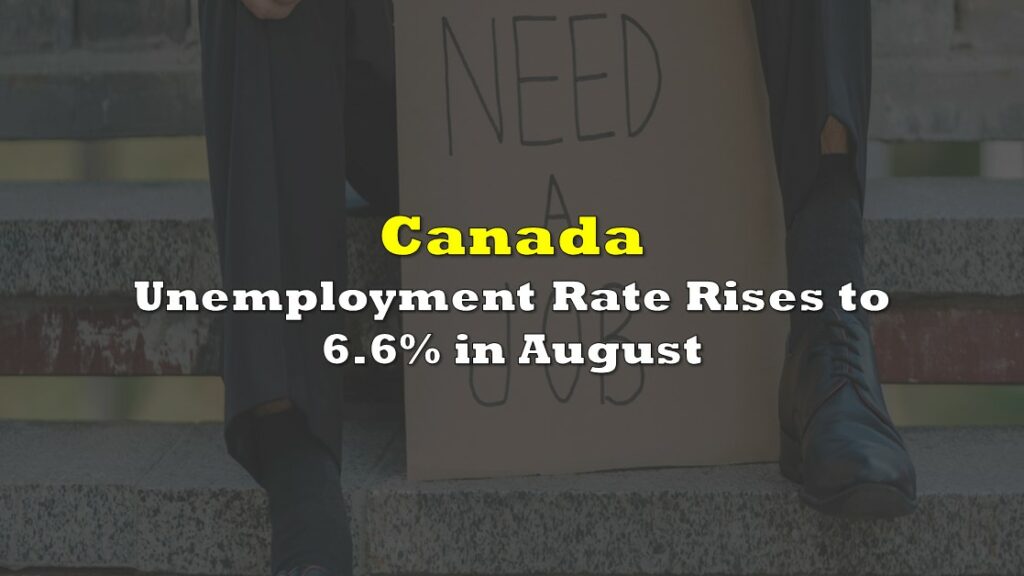Canada’s labour market expanded by more than forecast in June, as key regions relaxed their Covid-19 restrictions and businesses embarked on new hiring sprees.

According to Statistics Canada, the country’s economy added 230,700 jobs in June, but economists polled by Bloomberg only anticipated the labour market to expand by 175,000 positions. However, the increase in employment levels was primarily concentrated in part-time work, with the largest increases occurring across the accommodation and food services and retail trade sectors. Nonetheless, the expansion of Canada’s labour force pushed the unemployment rate down from 8.2% to 7.8% last month.

In addition, the expansion of Canada’s labour force— which grew by 170,000, or 0.8% in June— suggests that an increased number of people are ready to return to work, and that employers should not face substantial difficulty with filling vacant positions as the economy continues to reopen. At the same time, though, the number of Canadians still considered to be long-term unemployed— that is, unemployed for 27 weeks or more, remained steady at 298,000, which is 166% higher compared to February 2020.
With the easing of public health restrictions across a number of provinces, some of Canada’s key service-producing industries were able to reopen and fill previously vacant positions. The number of individuals working in the accommodation and food services jumped by 11.8% in June, putting the sector’s employment numbers below 21.6% of pre-pandemic levels. Similarly, the retail trade sector saw an employment increase of 3.4%, erasing nearly all losses of April and May.

The latest jobs report will likely play a significant role in influencing the Bank of Canada’s upcoming policy meeting next week. Canada’s central bank has been among the first to pare back its expansionary policies, by reducing its bond purchases from $5 billion per week to $3 billion. Analysts cited by Bloomberg expect the Bank of Canada will cut back its government bond purchases even further, to $2 billion each week, before falling to a pace of approximately $1 billion come 2022.
Information for this briefing was found via Statistics Canada and Bloomberg. The author has no securities or affiliations related to this organization. Not a recommendation to buy or sell. Always do additional research and consult a professional before purchasing a security. The author holds no licenses.









